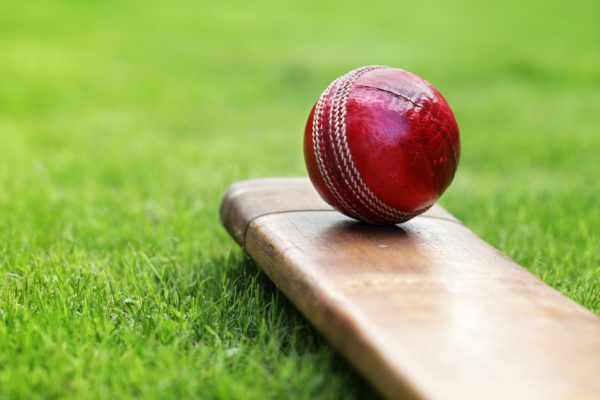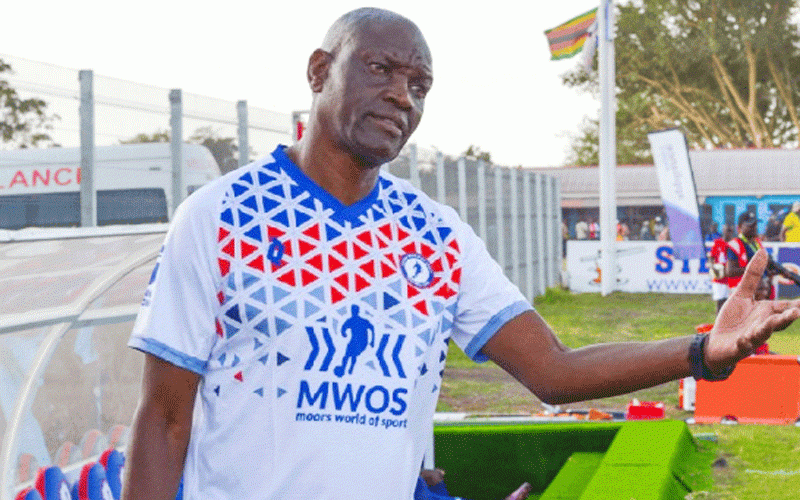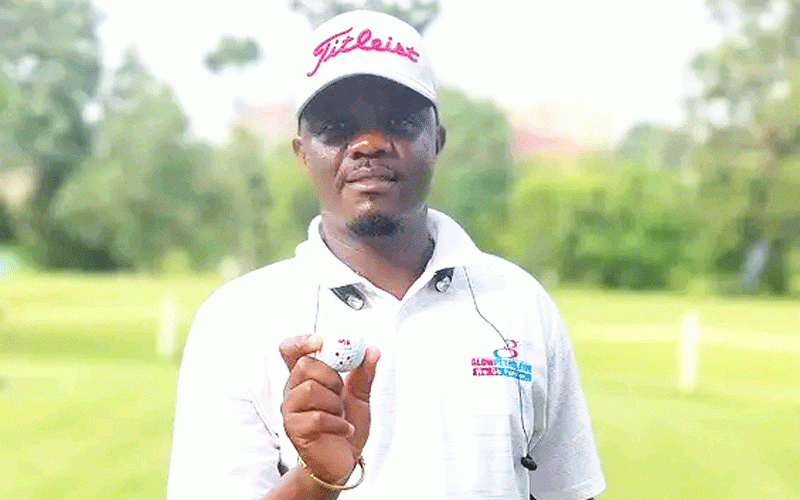
BY SPORTS REPORTER
The International Cricket Council (ICC) has released a set of guidelines, developed by the governing body’s medical advisory committee in consultation with members, for the safe resumption of the sport.
The ICC’s cricket committee had already flagged likely law changes to the highest level, with local umpires to be used and players barred from using saliva to shine the ball.
Some of the sport’s other traditions will have to be scrapped if sides are to follow medical advice from the ICC group chaired by Australian doctor Peter Harcourt.
The post-wicket huddle will no longer be possible because of social-distancing requirements, while it is now recommended teams minimise “time spent in the changing room before and after a match”.
That would mean squads have to forgo the customary post-series drink at the ground as has become the norm in international cricket.
Players and officials will be told to maintain social distancing on the field, so bowlers won’t be handing over caps, sweaters, sunglasses or any other items to the standing umpire.
Players will be told not to pass items to teammates, so the common practice of flinging a helmet and other protective equipment to a fellow fielder will need to stop.
- Chamisa under fire over US$120K donation
- Mavhunga puts DeMbare into Chibuku quarterfinals
- Pension funds bet on Cabora Bassa oilfields
- Councils defy govt fire tender directive
Keep Reading
The ICC document spells out that international players should be provided with clear guidance on the safe management of the ball.
These include not using saliva to shine the ball, “regular hand sanitising when in contact with the ball” and an edict to not touch the eyes, nose and mouth after making contact with the ball.
“Umpires may also be encouraged to use gloves when handling the ball,” the ICC back-to-cricket guidelines say.
The Covid-19 document recommends national boards to “check government requirements on resuming international travel and the potential need for self-isolation or quarantine on individual players or teams on entering another country and returning to their country”.
“International teams should strongly consider travelling with a medical doctor. Travelling teams should ensure necessary arrangements are in place to support team member(s) should they test positive while on tour,” ICC said.
The ICC’s guidelines come at a time when Zimbabwe Cricket’s hopes of salvaging their limited-overs home series against Afghanistan next month suffered a blow after the sport code was removed from the list of low-risk disciplines that can resume normal games.
The government lifted restrictions on low-risk sports and cricket had made the initial list for the codes that pose less risk in the transmission of Covid-19. Cricket was, however, omitted from the list published in Statutory Instrument 110 of 2020.











